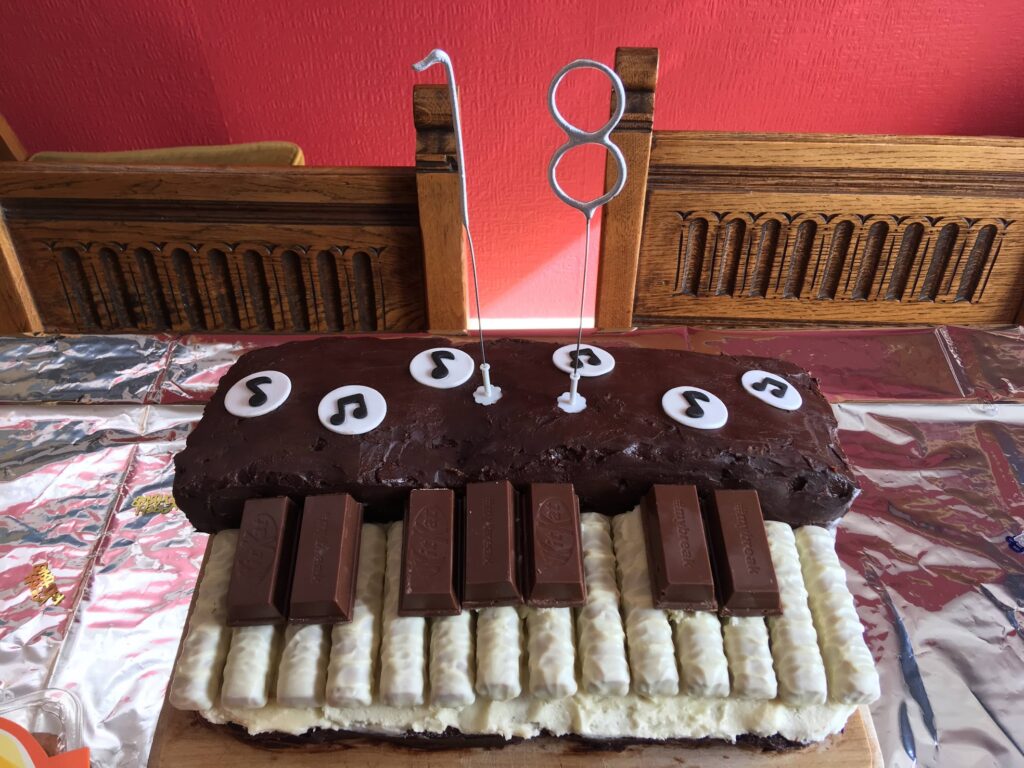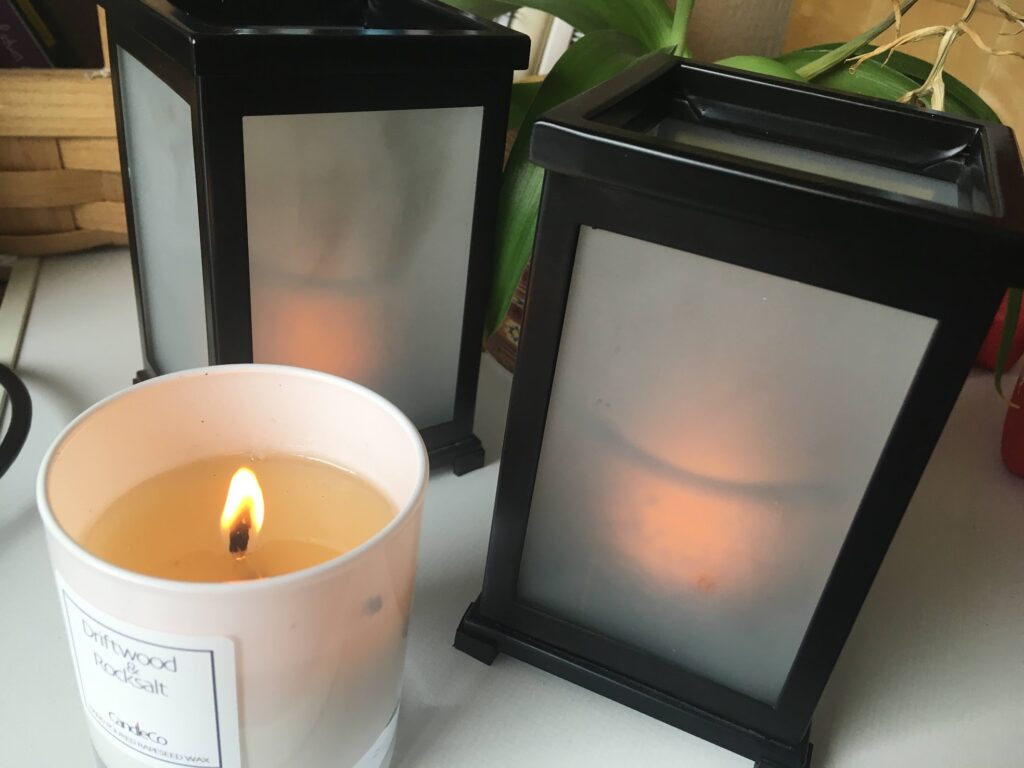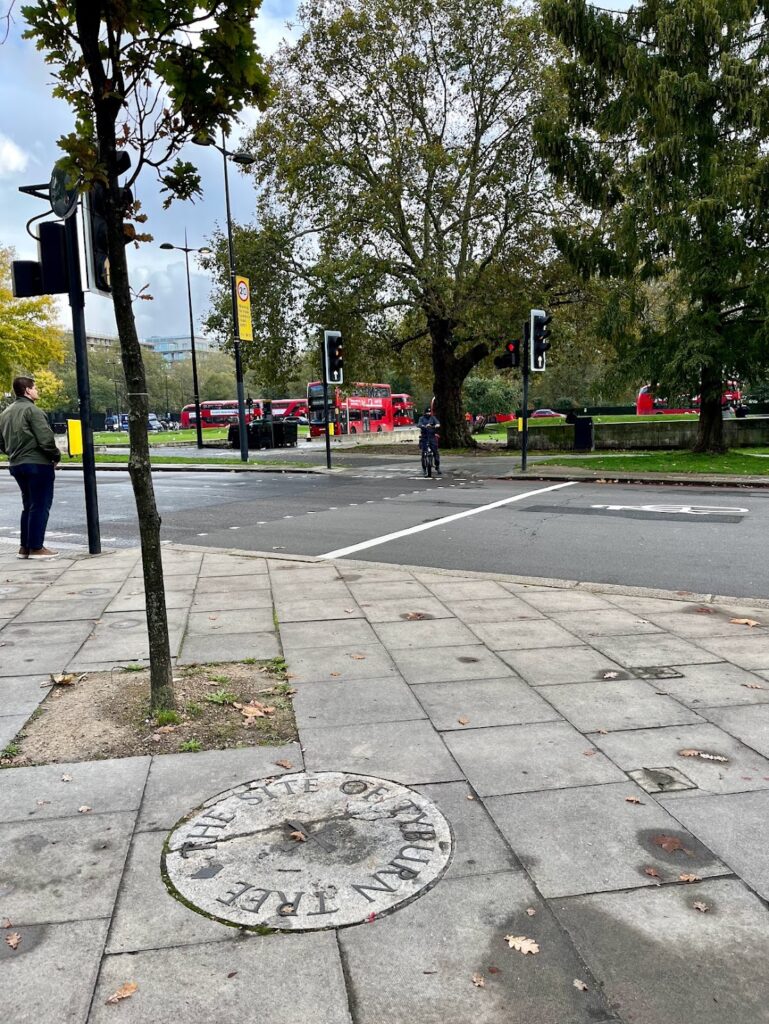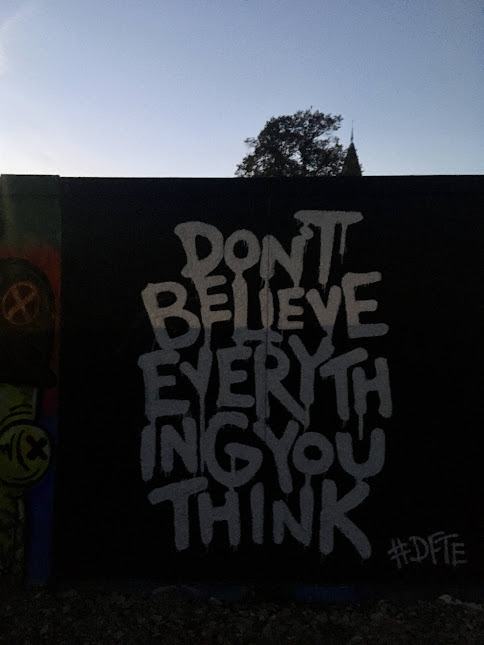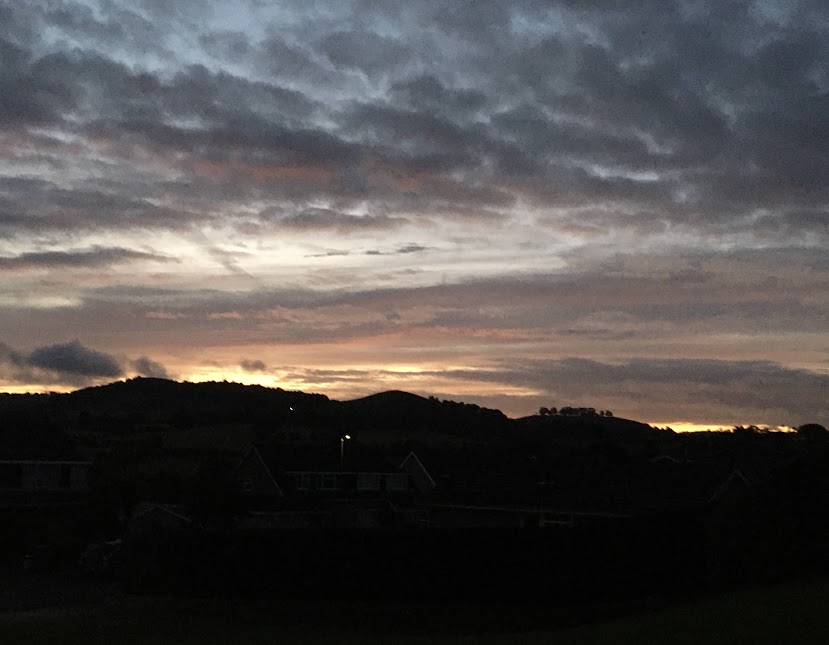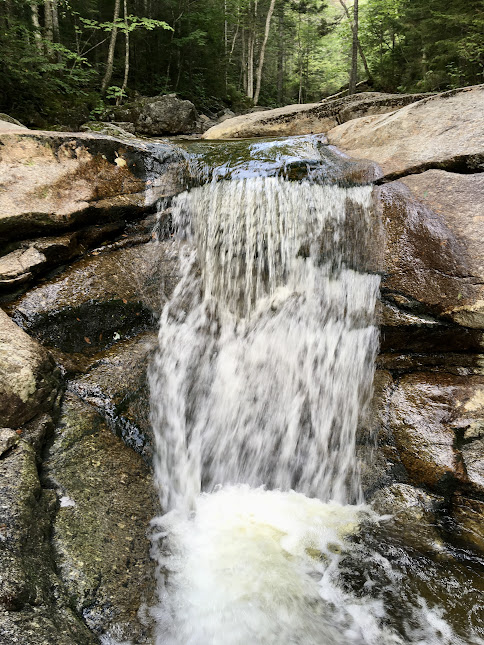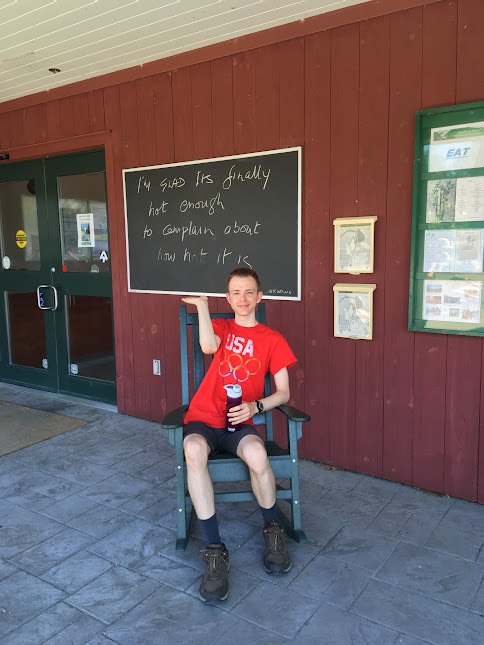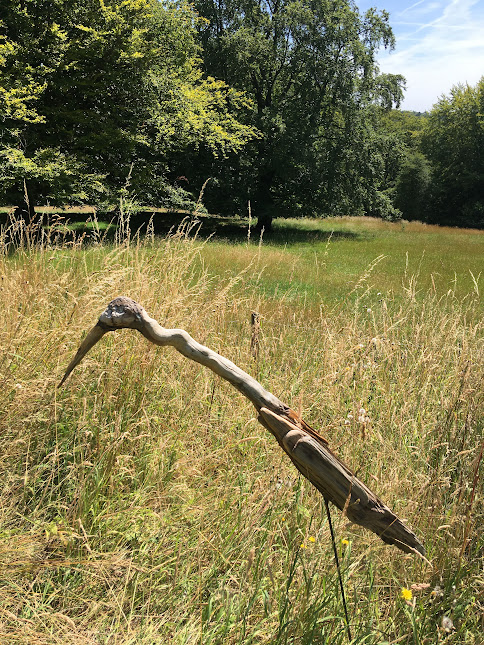This Week’s Bit of String: Starving feet and empty legs
When they were little, my kiddo would sometimes pause their playing and say, “I’ve got my starving foot on!”
I assumed this was Bear’s way of telling me they were hungry right down to their toes, similarly to how my aunt described adolescents as “reaching the empty leg stage.” So I’d scramble to provide a snack.
Years later, I found out Bear was actually telling me their foot had fallen asleep. That pins and needles sensation in their extremities felt similar to the queasy emptiness of hunger in the belly, I suppose.

“Yeah,” mused Bear, “I always wondered why you gave me food every time my foot went dead.”
It’s an interesting feeling, hunger. Sometimes weirdly similar to feeling overfull, the ache and stretch of a stomach panicking, desperate to adapt its shape to the circumstances. While our minds seek refuge from pain, they are to an extent sharpened by hunger, since surplus can dull us.
Coming Clean
Over the half-term week off I began a change, cutting down my food intake and waiting 18 hours between one day’s evening meal and the next day’s late lunch. It’s a decision based partly on aesthetics, as I would catch sight of myself looking puddly, a bit of a soft mound. I’m proud of being a busy and vibrant person, and although the tiredness of life has accumulated somewhat, I still sort of picture myself as that trim mum chasing a little kid around.
When Eve goes through her first pregnancy in my novel–the first ever human pregnancy, according to the Creation myth–she describes how “hunger and revulsion vied in my belly.” When our appetites have such complex manifestations, it’s easy to convince ourselves that our bodies and minds want things they don’t actually need.

Over the last decade, I got in the habit of having “a little something,” a la Winnie the Pooh, to get me through whenever I had to do something hard. The problem, as you may swiftly detect, is that there are a lot of things we have to do that we don’t want to. Some days are an absolute litany of them! And my definition of a difficult task broadened to pretty much any job I wasn’t keen on. Even parts of the writing process fall into that category.
That’s why during half-term, when I had some time to do things I wanted to do, I stopped indulging in that way. Weirdly, it hasn’t been super difficult, even this week back at school. I feel a lot calmer not relying on sugar to get by, and probably in no small part because I stopped telling myself I deserved a “treat” at the slightest jostle to my plans.
Treating Myself
I’m still not getting a lot of sleep, but I’m finally accepting that sweets (and peanut butter by the spoonful) don’t cure tiredness. If they did, I wouldn’t have to keep dosing up on them.
It’s a conundrum in busy, tiring lives, keeping ourselves going in the short-term without sacrificing the long-term. I am not angry at myself for waiting this long to return to better habits. I don’t judge anyone else for doing the same, so why be nasty to myself? There are periods in our lives when it’s just not within our strength to make the best long-term decisions.

Instead, we treat ourselves to little immediacies, a pleasant taste on the tongue, a gravity to our middle while everything rushes around us. Now, I think I’m ready to go beyond “treating myself.” I’m going to treat myself… as the person I want to be.
Treating myself to a few extra minutes of sunshine taking the long way home on a nice day, instead of rushing over shortcuts to get chores done after work. Treating my stomach to a long rest. Treating my brain to concentrated periods of writing work instead of little bits here and there.
When thinking through this issue, I looked up the etymology of related terms. Words like food and hunger are so tied to basic physical needs, their roots have no surprises. The etymology of nourishment, though, reminded me of its Latin ties to nursing, as in feeding a baby, and before that, it shared the prefix nau: to swim, to flow. I do feel as if I’m getting into a more natural flow.
When my kiddo was a baby and I nursed them, they caught on quickly to the fact that milk hormones put them to sleep. Bear never wanted to sleep, even as a newborn. So they’d hum, kick, even bite to keep themselves awake while eating. It was not a tranquil experience. But it’s interesting, that link appearing again between a sated appetite and sleepiness, between hunger and staying awake. Exercising discipline physically, I feel, helps my discipline mentally.
How do hunger and satisfaction affect your mental and creative states?
